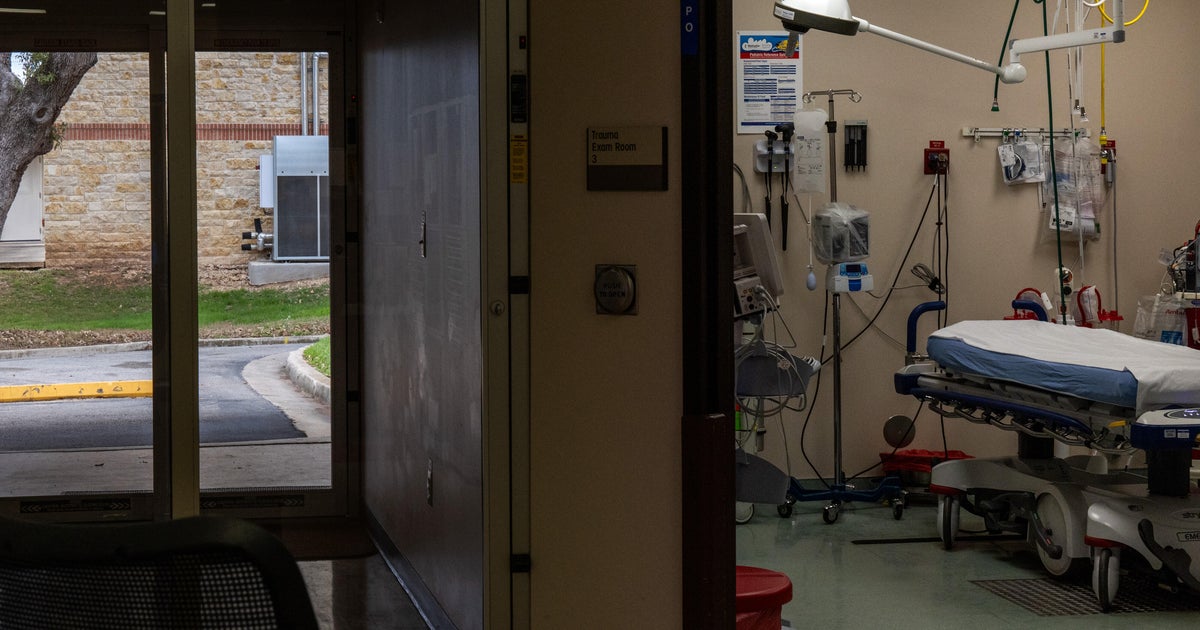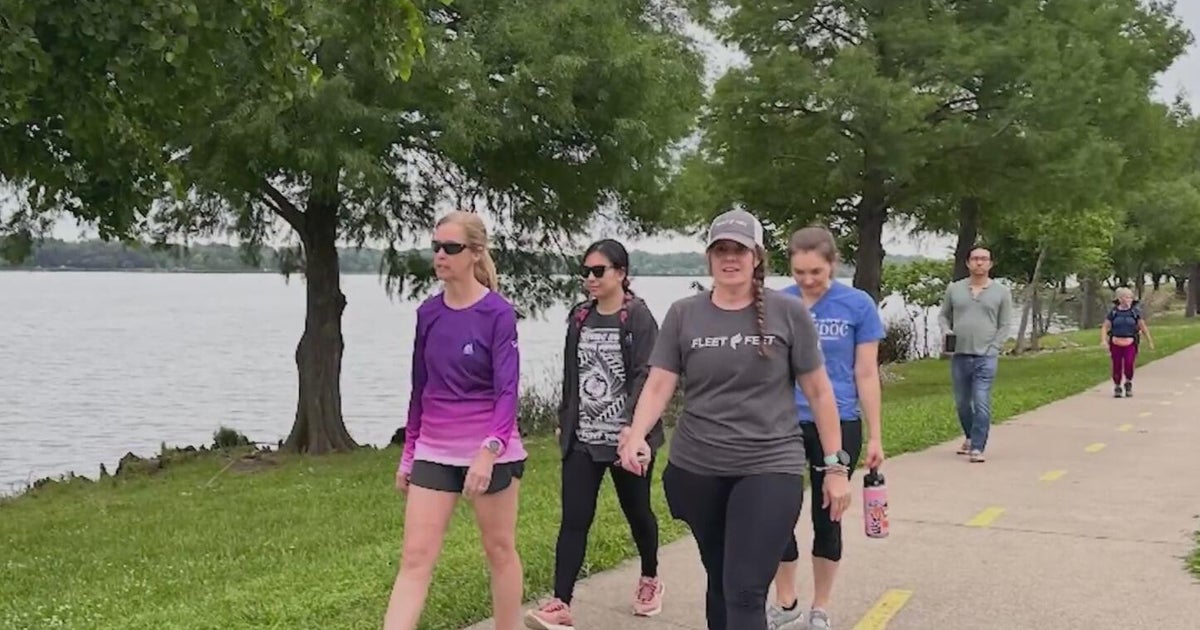HealthWatch: Saying 'No' To Unnecessary Medical Tests
SAN FRANCISCO (KPIX 5) - When it comes to good health, sometimes just saying 'no' to an unnecessary medical tests may be the best course of action.
Dr. Walter Bortz, Clinical Associate Professor at Stanford University School of Medicine, and his wife Ruth Anne run several times a week.
While their pace is slow, Bortz is quick to point out: "Getting old is fate. But how you get old is choice. And the difference between fate and choice is responsibility."
The 83-year-old Bortz has practiced medicine for 50 years and he has a bone to pick with his profession. The geriatrician believes personal responsibility and sensible lifestyle choices will put you on the pathway to good health.
But, he warned, that's not how the U.S. health care system is set up. He says 95% of medical care is more like a repair shop than a caring industry.
"The doctors now want you to be sick. They want you to bleed because that's how they get paid," said Bortz.
These are undoubtedly very strong words. But look at the statistics. A report from the prestigious Institute of Medicine appears to back up Dr. Bortz.
This year alone, the U.S. is expected to spend nearly three trillion dollars on health care. But hundreds of billions of those dollars are spent on unnecessary care: treatments, exams, tests, and procedures.
Our nation spends more than any other nation on the planet.
"Yet we're not living longer, we're not feeling better." said Dr. Rita Redberg, cardiologist at the University of California, San Francisco and editor of the journal "JAMA: Internal Medicine."
Redberg said while fear of malpractice plays a role in ordering tests, procedures and treatments, it's not the only factor.
"Certainly it's not very profitable to talk to your patients. We get reimbursed much more highly for procedures," said Dr. Redberg.
Her medical journal published a survey of primary care physicians in which 42% felt their very own patients were getting too much medical care.
"There are a lot of times when saying no, not having a test you would be better off than having a test," said Redberg.
High technology allows us to see things in the body that you really don't even need to know about, said Redberg, such as little spots on the lungs or kidneys that turn out to be benign. But once a doctor sees it, the doctor is compelled to do yet another test or perhaps even a biopsy.
Dr. Redberg shared one horror story about a 52-year-old woman who decided to lose a little weight and in the process, went to the gym and felt sore.
The woman saw her doctor and complained of fatigue. Her doctor did an EKG which was normal but pushed on a part of her body that was sore. The doctor decided to get a cardiac CT test to reassure the patient nothing was wrong but the test found some calcium in a part of her heart.
No one knew what that meant so they did another test: an angiogram. But then, the angiogram created a complication by tearing an otherwise healthy artery. In fact, all of her cardiac arteries were healthy. The woman underwent emergency bypass surgery but the graft failed. She needed a stent and medication. The stent clotted and failed. And the woman ended up with a heart transplant.
Dr. Redberg wrote an editorial in the New York Times, pointing out we spend a fortune each year in procedures, many that have no proven benefit and should not be covered. For example: routine screening colonoscopies.
The screening test is not recommended in patients over 75: For them, there's no evidence of a benefit; moreover, it can lead to serious complications and unnecessary biopsies
Yet in 2009, 42 % of Medicare patients 75 and older got it. Who paid for it? Taxpayers - despite the fact that there is a less invasive, cheaper routine screening test for colorectal cancer.
Dr. Redberg said such tests don't make you healthy: only changes in your lifestyle can prevent many chronic diseases.
As for Dr. Bortz, he says just say 'no.'
'No' to pap tests - if you've had a hysterectomy or over 65.
'No' to PSA tests or mammograms - if you're over 75.
'No' to electrocardiograms, blood panels and annual cholesterol tests - if you are otherwise healthy.
Dr. Bortz maintains that patients need to know about health and be literate in how to take care of themselves. He's just written a book called "Occupy Healthcare", produced a short film on it, and is blogging for the Huffington Post on aging.
"Now that we know what health is - we have to transfer that to people and empower you," said Bortz, with a smile.







